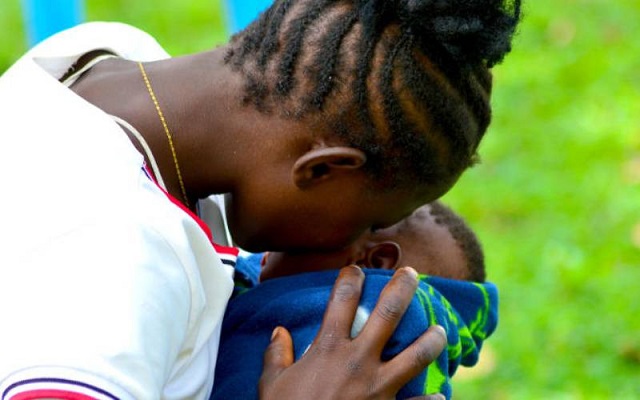
Jinja, Uganda | THE INDEPENDENT | The UNICEF Country Representative in Uganda, Dr. Robin Nandy, has reiterated the urgent need for all stakeholders to unite in the fight against teenage pregnancies and child marriages, particularly in the Busoga sub-region, where rates remain alarmingly high.
Speaking during an engagement with educators in the region, Dr. Nandy described teenage pregnancy as a developmental crisis that not only endangers the lives of young girls but also limits their ability to contribute meaningfully to the nation.
According to statistics from the Ministry of Health, Uganda’s national teenage pregnancy rate stands at 25%, but Busoga’s rate is higher at 30%. The same report reveals that many of these girls are married off before the age of 18 and continue giving birth into their 40s, deepening cycles of poverty and vulnerability.
Further data from the UNFPA indicates that in 2021 alone, Uganda registered approximately 32,000 teenage pregnancies every month, largely attributed to COVID-19 school closures. Dr. Nandy noted that teenage pregnancies rob girls of their future by denying them education, exposing them to health risks, and social stigma.
He emphasized that addressing the crisis requires multi-sectoral cooperation involving development partners, civil society, government ministries, local governments, parents, and educators.
He also appealed to communities to create safe spaces for teenage mothers to live productive lives post-childbirth, urging for programs that support them to return to school and gain life skills.
“I have watched with grief as young girls—some barely in their teens—hold babies in maternity wards, overwhelmed by the sudden burden of motherhood,” Dr. Nandy said. “They need support not just to raise their children, but to complete their education and live impactful lives.”
Educators in the region echoed Dr. Nandy’s call, stressing the importance of empowering girls as a deterrent to early pregnancy. Aisha Male, headteacher at Masese Seed School in Jinja City, said empowered girls, particularly those with strong parental support, are less vulnerable to early sexual activity.
“In my 30 years of teaching, I’ve observed that most girls who fall into early sex lack confidence in their parents’ ability to meet basic needs like food and sanitary pads,” she explained.
“When girls trust their parents, they are more likely to stay focused and avoid risky behavior.”
She urged parents to take a proactive interest in their children’s well-being, emphasizing that trust and communication at home are vital in building girls’ confidence and protecting them from exploitation.
*****
URN
 The Independent Uganda: You get the Truth we Pay the Price
The Independent Uganda: You get the Truth we Pay the Price





